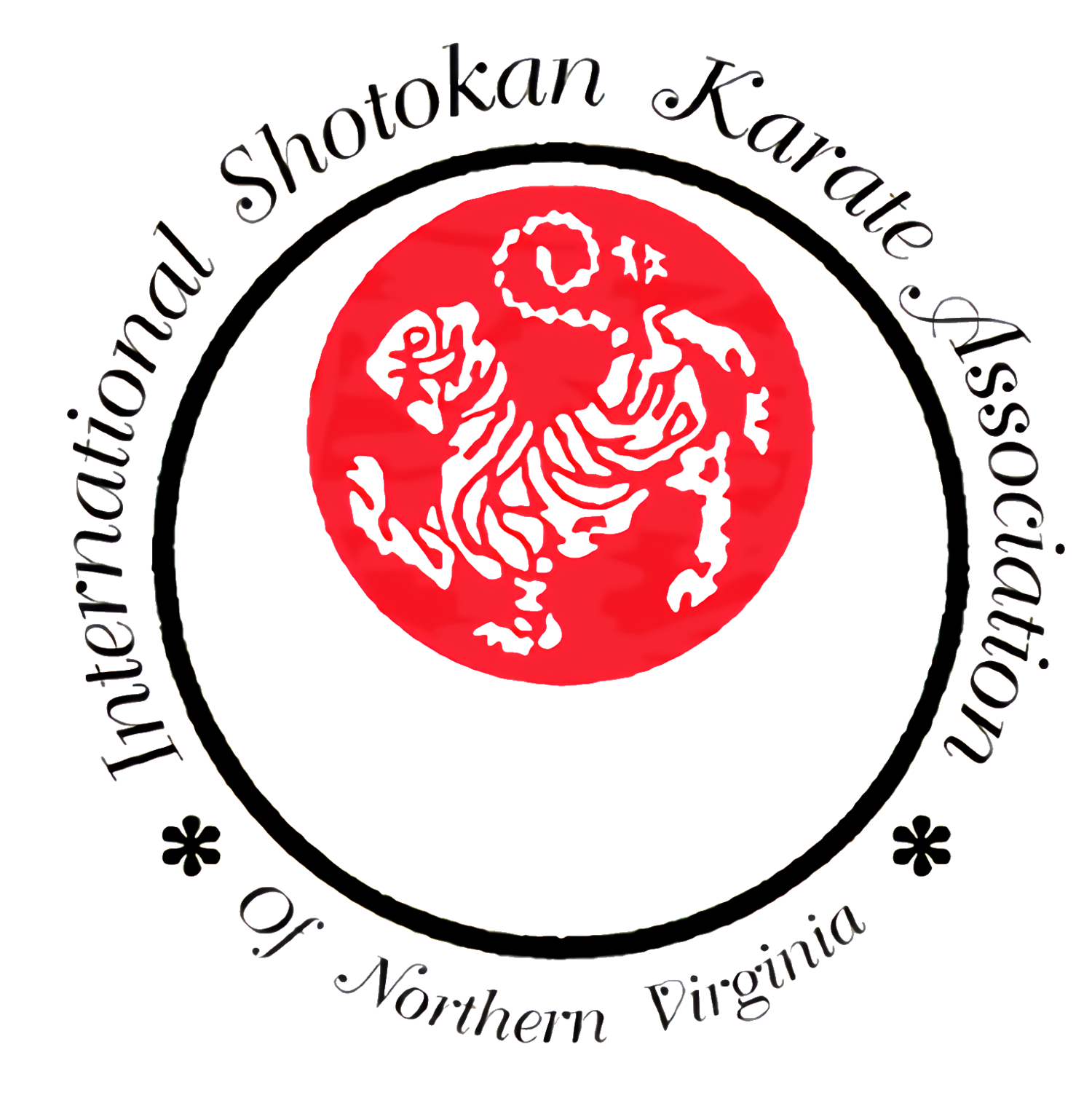FAQs
-
“empty hand”
-
In its most basic form, karate is an art or systemized method of physical and mental activity which developed over several thousand years. As a way of enhancing mediation techniques, monks at Shaolin monasteries in China were taught vajramuchti, a martial art originating in India. These teaching became the basis for the Chinese form, ch’uan-fa or kenpo.
-
Karate is a highly dynamic physical art that balances the use of all major muscle groups with control provided through mental discipline. It provides excellent exercise while developing coordination, agility and self confidence.
The club, or dojo, adheres strictly to the principles of self-improvement through diligent training formulated by the founder of modern karate, Gichin Funakoshi.
-
Classes are designed for students at all levels. Special training is available for beginners and children, with an emphasis on fundamentals. All students practice the basic techniques of blocking, punching, kicking and striking, with careful attention of technical details.
-
For students who are interested in attaining rank, examinations are conducted quarterly by qualified instructors (Kyu/Dan Exams).
Kyu ranking (color belts) are conducted every 4 months. Test fee is $50 which includes certificate and belt.
Dan exam (black belts) fee's are depend on your ranking level.
-
One time registration fee is $50.
Please note, there is no contract and we do not accept credit charges.
Vocabulary
These are terms for some of the basic Shotokan Karate techniques, as well as some additional vocabulary.
-
Jodan - From the neck up
Chudan - From the neck to the belt
Gedan - From the belt down
Migi - Right side
Hidari - Left side
-
Musubi Dachi - Heels together, feet at a 45° angle
Heisoku Dachi - Feet together
Hachiji Dachi - Open-leg stance
Kiba Dachi - Horse-riding stance
Zenkutsu Dachi - Front stance
Kokutsu Dachi - Back stance
-
Gedan Barai - Low block
Jodan Age Uke - High block
Soto Uke - Outside-inside block
Uchi Uke - Inside-outside block
Morote Uke - Reinforced inside-outside block
Shuto Uke - Knife hand block or strike
-
Choku Zuki - Straight punch
Oi Zuki - Lunge punch
Gyaku Zuki - Reverse punch
Age Zuki - Rising punch
Nukite Zuki - Finger strike
Mawashi Zuki - Round punch
Uraken - Backfist strike
-
Mae Geri - Front kick
Yoki Geri Keage - Side snap kick
Yoko Geri Kekome - Side thrust kick
Mawashi Keage - Round house kick
Ushiro Geri Kekome - Back thrust kick
Ushiro Mawashi Keage - Hook kick
Mae Ashi Mae Geri - Front leg front kick
Mae Ashi Mawashi Geri - Front leg round kick
Ashi Barai - Leg sweep
-
Karate - Fighting with empty hands
Kata - Forms
Kumite - Sparring
Sensei - Instructor
Sempai - Assistant instructor
Yoi - Ready
Hajime - Begin
Yame - Stop
Seiza - Proper method of kneeling
Mokuso - Meditation
Osu - Affirmative acknowledgement
Rei - Bow
Shomen Ni Rei - Bow to the front
Sensei Ni Rei - Bow to instructor
Otogai Ni Rei - Bow to each other
Kiai - Explosive sound/exhalation from the diaphragm
Kime - Focus
Gi - Uniform
Obi - Belt
Kyu - Belt ranks below black belt
Dan - Black belt ranks

